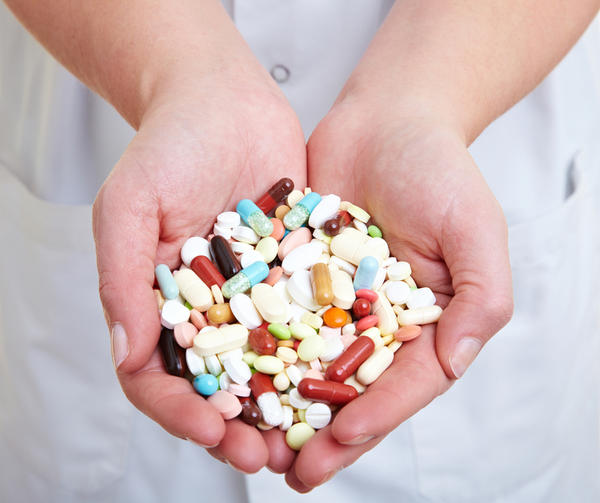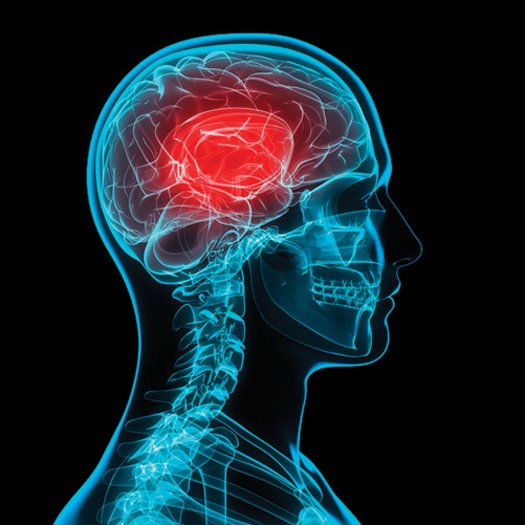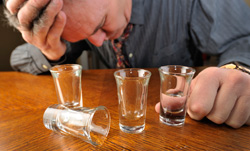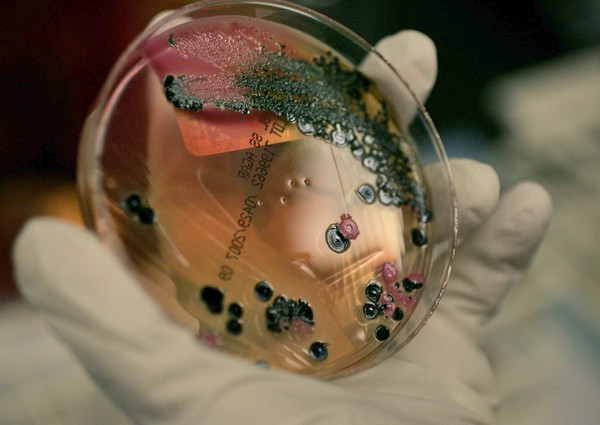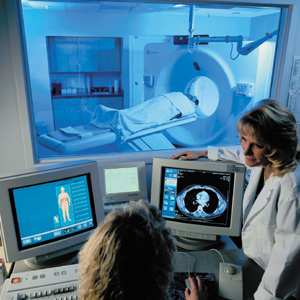 Each year, more than one million people are treated in a cancer clinic, and more than 60,000 cancer patients are taken to a hospital due to infection. October is the one-year anniversary of CDCs Preventing Infections in Cancer Patients Program, which helps raise awareness about the importance of preventing infections in this vulnerable group.
Each year, more than one million people are treated in a cancer clinic, and more than 60,000 cancer patients are taken to a hospital due to infection. October is the one-year anniversary of CDCs Preventing Infections in Cancer Patients Program, which helps raise awareness about the importance of preventing infections in this vulnerable group.
How to prevent an infection during chemotherapy
1. Prepare: Watch Out for Fever – If you get a fever during your chemotherapy treatment, its a medical emergency. Take your temperature any time you feel warm, flushed, chilled, or not well. If your temperature is 100.4°F 38°C or higher for more than one hour, or 101°F 38.3°C or higher for any length of time, call your doctor right away.
2. Prevent: Clean Your Hands – Dirty hands are especially dangerous when youre getting chemotherapy treatment because your body may not be able to fight off infections like it used to. You and anyone who comes around you should clean their hands often. Use soap and water to wash your hands, or an alcohol-based hand sanitizer if soap and water arent available.
3. Protect: Know the Signs and Symptoms of Infection – Call your doctor right away if you notice any of the following signs and symptoms of an infection—Fever this is sometimes the only sign of an infection.
- Chills and sweats.
- Change in cough or a new cough.
- Sore throat or new mouth sore.
- Shortness of breath.
- Nasal congestion.Stiff neck.
- Burning or pain with urination.
- Unusual vaginal discharge or irritation.
- Increased urination.
- Redness, soreness, or swelling in any area, including surgical wounds and ports.
- Diarrhea.
- Vomiting.
- Pain in the abdomen or rectum.
- New onset of pain.
via CDC Protects Cancer Patients from Infections.
 Effective human capital risk management is the shared responsibility of HR, risk and compliance functions, and senior business leaders, a cooperative effort combining deep expertise in human capital, risk management and compliance, and business strategy and operations.
Effective human capital risk management is the shared responsibility of HR, risk and compliance functions, and senior business leaders, a cooperative effort combining deep expertise in human capital, risk management and compliance, and business strategy and operations.
